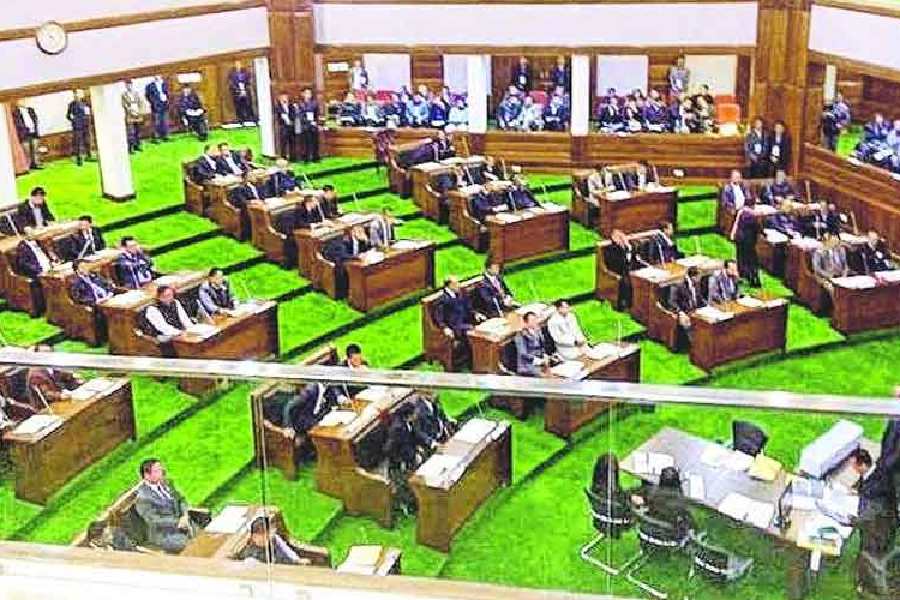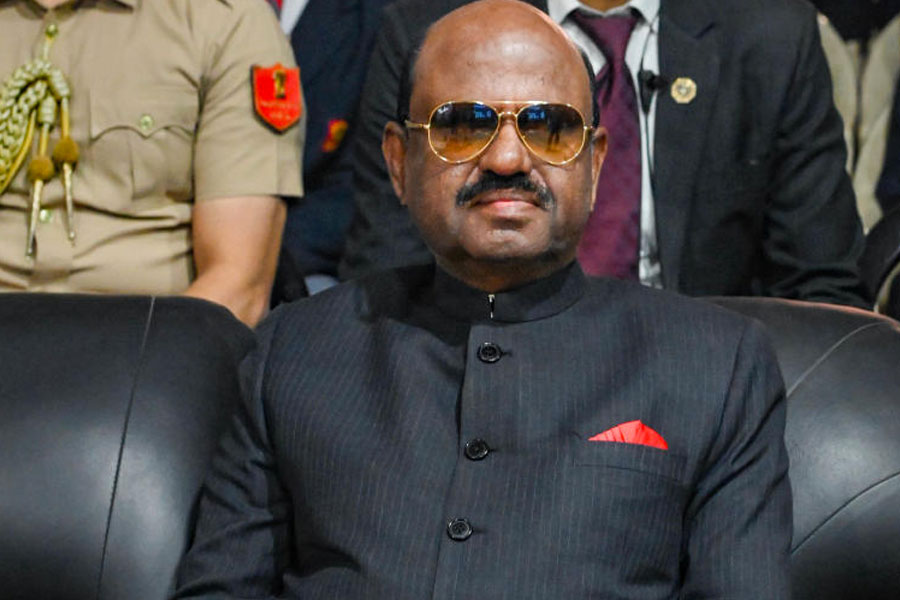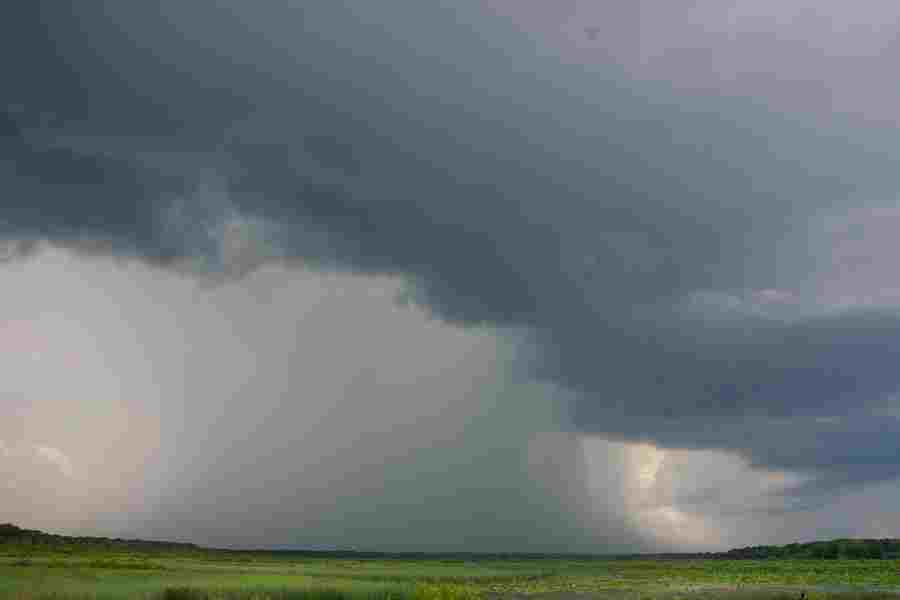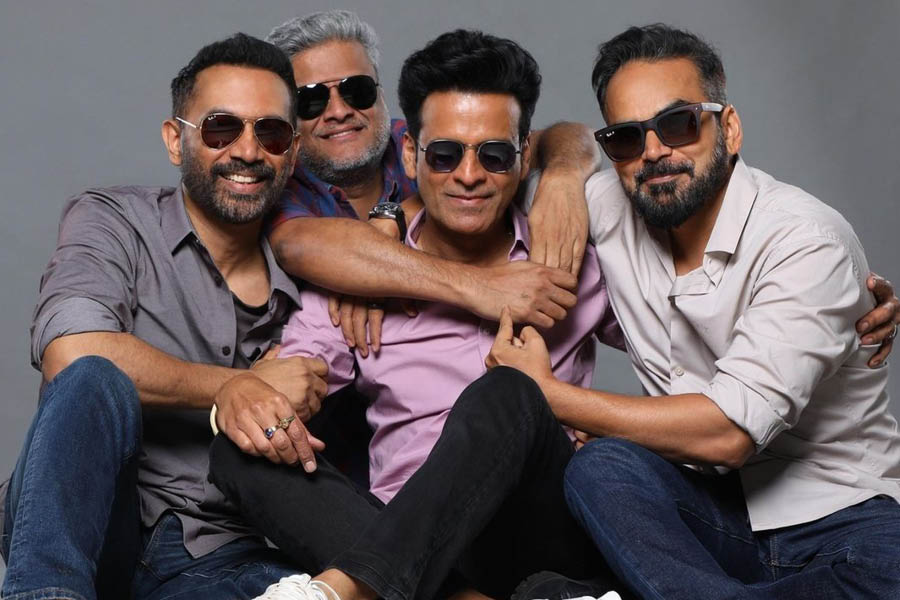The Nagaland Assembly on Thursday unanimously passed the bill reserving one-third of seats in the urban local bodies for women.
Moving the Nagaland Municipal Bill 2023 in the House during the emergent session, Chief Minister Neiphiu Rio said in the new bill, the provisions relating to taxes on land and buildings have been excluded.
The provision for one-third reservation of seats in ULBs for women is kept in the bill given the clear directions of the Supreme Court and also accepted by the apex tribal bodies in the state, he said.
However, Rio said the provision for one-third reservation of the offices of the chairperson in ULBs for women which was there in the earlier Municipal Act has not been included in the Municipal Bill, he said.
"This law is not the end, but only a beginning," Rio said, adding that the time has come for the womenfolk to participate and perform in the administration of the urban local bodies.
Rio recollected that given the history of several attempts made in the past two decades to hold ULB election in Nagaland, some unfortunate incidents associated with it were faced by the government that led to the drafting of the present Nagaland Municipal Bill, 2023.
The Select Committee, consisting of seven members of the House, headed by Deputy Chief Minister T R Zeliang examined the bill and recommended for incorporation of certain more clauses in the bill, he said.
It has been recommended to make only the indigenous inhabitant of the state eligible for becoming a member of any municipal or town council, and also that the Municipal Act should be reviewed periodically after every 10 years, which was also the view of many of our CSOs, he said.
"Our state may be a late starter in the process of urbanization. However, the rate of urbanization in Nagaland has been quite rapid of late. We now have 39 urban local bodies in the state. We have to provide this growing urban population the required urban infrastructure and urban amenities through local self-governments," he said.
Regretting that many precious decades have been lost in negotiating for a consensus on the issue of ULBs, Rio expressed optimism that with the passage of the new Nagaland Municipal Bill, 2023, the ULBs would be able to take the required steps to make the cities and towns better administered, more developed, more organised, more clean and more beautiful.
Earlier, Deputy Chief Minister T R Zeliang tabled the report of the Select Committee of the Assembly entrusted to examine the bill which was tabled in the House on September 12 by Rio.
The House then approved the report of the Select Committee and also unanimously withdrew the September 12 bill and subsequently passed the new bill introduced during the day by Chief Minister Rio.
Leaders of all the political parties in the Assembly – NDPP, BJP, NCP, NPP, LJP (Ram Vilas), Naga People's Front, RPI (Athawale), JD(U) and Independent – participated in the discussions and supported the passage of the bill.
Talking to reporters, the chief minister expressed happiness that the bill was passed unanimously by the House.
Asked when would the ULB election be held following the passage of the bill, Rio said the process has begun and the State Election Commission will announce the dates soon.
On the disgruntlement of Ao Senden, a tribal body of Ao people of Mokokchung district, not agreeing to 33 per cent women reservation, the CM said the government will further talk with them and also take them on board.
ULB elections in the northeastern state have been long overdue as the last polls were held in 2004. Since then, elections were not conducted first on the unresolved Naga peace talks and then on 33 per cent reservation for women as asked by the Supreme Court, which tribal bodies opposed.
During its March session, the Assembly repealed the Nagaland Municipal Act, 2001, and decided to bring a new law incorporating the views of the tribal bodies and civil society organisations on 33 per cent women reservation and also tax on land and properties.
Tribal bodies had been opposed to women's reservation saying it was against the customary practice of the Nagas.
They had also objected to tax on land and properties saying it is against the provisions of Article 371(A) of the Constitution which guarantees special rights to Nagas on land and property.
In the September 1 consultative meeting with the tribal bodies and civil society organisations convened by the state government, it was decided that ULB elections will be held with women quota and that the government will table the new bill in the monsoon session of the Assembly.
The Assembly Select Committee on November 6 through a consultative meeting with the apex tribal bodies – Eastern Nagaland Peoples’ Organisation, Central Nagaland Tribes Council and Tenyimia Union Nagaland had arrived at a consensus to pass the new bill.
Except for the headline, this story has not been edited by The Telegraph Online staff and has been published from a syndicated feed.










